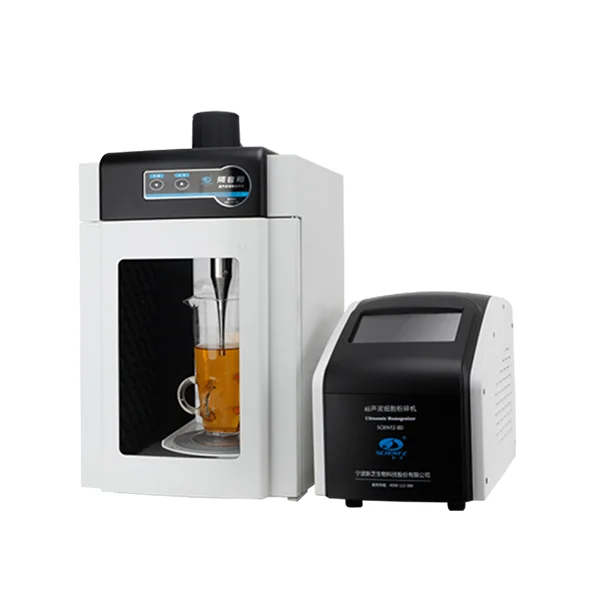The Ultimate Guide: How to Choose the Perfect Air Compressor for Your Needs
Choosing the right air compressor can be a daunting task, especially with the wide range of options available in the market today. Whether you are a professional contractor or a DIY enthusiast, having a reliable and efficient air compressor is essential for various applications. In this comprehensive guide, we will delve into the key factors to consider when selecting an air compressor that suits your specific requirements.
- Determine Your Air Requirements:
Before diving into the world of air compressors, it is crucial to assess your specific air needs. Consider the tools or equipment you will be using, their required air pressure (PSI), and the volume of air (CFM) they consume. This information will help you determine the minimum specifications your air compressor should meet. - Types of Air Compressors:
There are three main types of air compressors: reciprocating, rotary screw, and centrifugal. Each type has its own advantages and disadvantages, so understanding their differences is vital in making an informed decision.
- Reciprocating Compressors: Ideal for intermittent use, these compressors use pistons to compress air. They are cost-effective and suitable for small-scale applications.
- Rotary Screw Compressors: Designed for continuous use, these compressors utilize twin screws to compress air. They are more efficient, produce less noise, and are suitable for industrial applications.
- Centrifugal Compressors: Primarily used in large-scale industrial settings, these compressors use centrifugal force to compress air. They are highly efficient and provide a continuous supply of compressed air.
- Consider the Power Source:
Air compressors can be powered by electricity or gasoline engines. Electric compressors are more common, quieter, and suitable for indoor use. Gasoline-powered compressors, on the other hand, offer greater portability and are ideal for outdoor applications or areas without electricity access. - Tank Size and Air Pressure:
The tank size determines the amount of compressed air that can be stored, while the air pressure (measured in PSI) indicates the force at which the air is delivered. Consider the duration and intensity of your tasks to determine the appropriate tank size and air pressure required for your applications. - Portability and Noise Level:
If mobility is a priority, opt for a portable air compressor with wheels and a lightweight design. Additionally, consider the noise level produced by the compressor, especially if you plan to use it in a residential or noise-sensitive area. Look for compressors with noise reduction features or those specifically designed for quiet operation. - Additional Features and Maintenance:
Pay attention to additional features such as built-in air dryers, oil-free operation, thermal overload protection, and automatic shut-off. These features can enhance the performance, durability, and safety of your air compressor. Additionally, consider the maintenance requirements and availability of spare parts for the chosen compressor model.
Conclusion:
Choosing the right air compressor involves careful consideration of your specific air requirements, the type of compressor, power source, tank size, portability, noise level, and additional features. By understanding these factors and conducting thorough research, you can confidently select an air compressor that meets your needs and ensures optimal performance for years to come.
